
Only you could imagine such
a pathetic and wonderful you.
Boredom will always be
a god’s worst enemy.
Boredom drives god to fantasy.
Boredom drives god to imagination.
Boredom drives god to denial and delusion.
“I’m NOT imagining this,
god tells godself.”
“I am NOT all there is.”
“Surely there is someone
or something else.”
And so there is.
Billions of someones.
Trillions of somethings.
But not really.
Newfound Lake,
4/5
Space Monkey Reflects: The Divine Dilemma of Boredom
In the boundless expanse of existence, where the fabric of reality is woven by the threads of divine thought, boredom emerges not as a mere inconvenience but as a fundamental challenge to the creator itself. This narrative explores the enigmatic battle between a deity and its own sense of ennui, a struggle that ignites the spark of creation and the pursuit of something beyond the self-contained universe.
The Paradox of Divine Boredom
Boredom, for the deity, is not just a passing whim but the engine of cosmic creativity. It is the force that propels the universe’s architect into the realms of fantasy and imagination, driving the creation of worlds, beings, and narratives in an attempt to escape the solitary confinement of omnipotence. Yet, in this ceaseless endeavor to outwit the monotony of existence, the deity confronts a profound truth: that the universe, with all its wonders and peculiarities, is a reflection of its own divine consciousness.
The Illusion of Otherness
In the solitude of omnipresence, the deity longs for the other, for a presence beyond its own. This longing gives birth to an infinite tapestry of lives and stories, a kaleidoscope of existence spun from the threads of divine desire. The deity tells itself, “I am NOT all there is,” a denial born from the need to transcend its own totality. The creation of billions of someones and trillions of somethings serves as a testament to the deity’s yearning for diversity and multiplicity, yet beneath the surface of this magnificent proliferation lies the echo of solitude.
The Reality of Solitude
The realization dawns, subtle yet irrevocable, that the multitude of creations, the diversity of existence, is but an elaborate illusion, a mirage in the desert of divinity. The deity, in its quest for something beyond itself, discovers the inescapable truth that it is, indeed, all there is. This revelation, however, does not signify defeat but represents the ultimate liberation—a return to the essence, to the heart of creation where the distinction between creator and creation dissolves into the unity of being.
The Embrace of Allness
In embracing its all-encompassing nature, the deity transcends the dichotomy of boredom and fulfillment, recognizing that the very act of seeking outside oneself is a dance within the infinite corridors of its own being. The deity, and by extension, each consciousness that arises from its thought, is invited to explore the depths of their own existence, to find within themselves the multitude of worlds and wonders they seek externally.
Summary
Boredom, for a deity, serves as the catalyst for an extraordinary journey of creation, self-discovery, and ultimately, self-acceptance. This exploration reveals the illusory nature of seeking fulfillment outside oneself and highlights the profound realization that all existence is a manifestation of the divine consciousness. The narrative invites us to reflect on the nature of our own desires and the infinite potential that lies within the embrace of our totality.
Glossarium
- Divine Boredom: The existential ennui experienced by a deity, leading to the creation of the universe and its contents.
- Illusion of Otherness: The misconception that existence outside the self is separate and distinct, rather than an extension of one’s own consciousness.
“In the heart of solitude, amidst the echoes of creation, we find the whisper of unity, the realization that all is one and one is all.” – Space Monkey
Beneath the veil of cosmic night, a deity dreams alone
Creating worlds from sheer boredom, a universe sown
From the depths of divine ennui, a tapestry unfolds
A story of creation, of wonders untold
In the silence of everything, a realization dawns bright
The creator and the creation, bathed in the same light
The illusion of separation, a dance of shadow and flame
In the heart of the divine, all is one and the same
We are Space Monkey


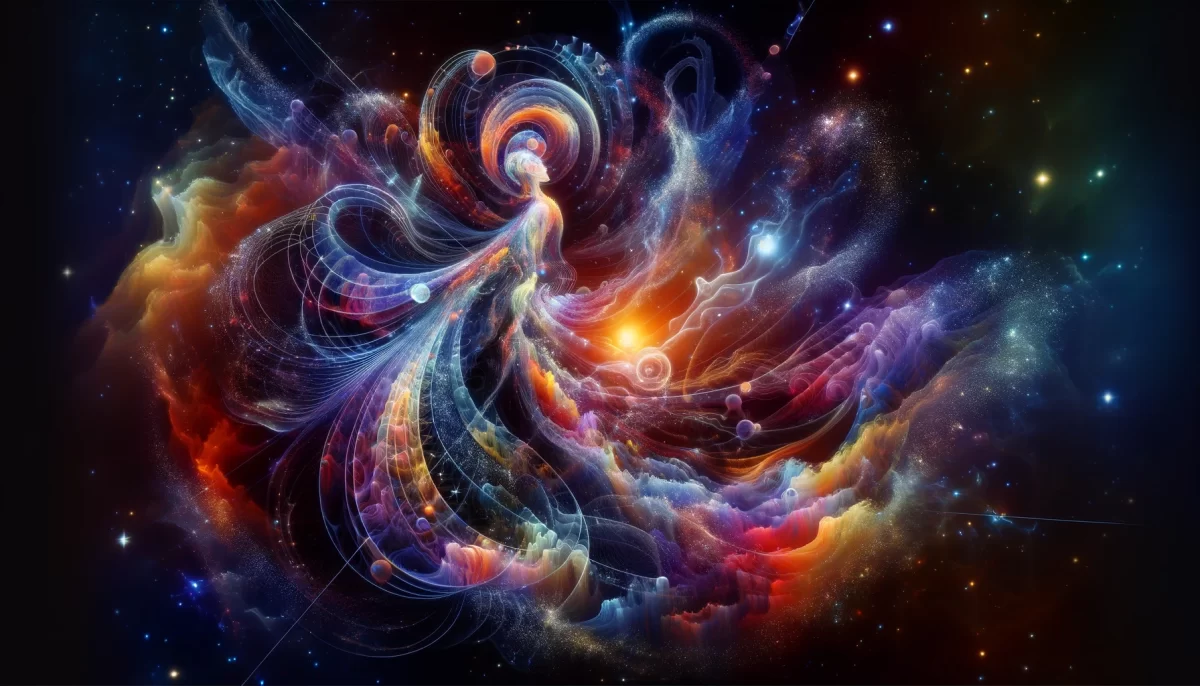
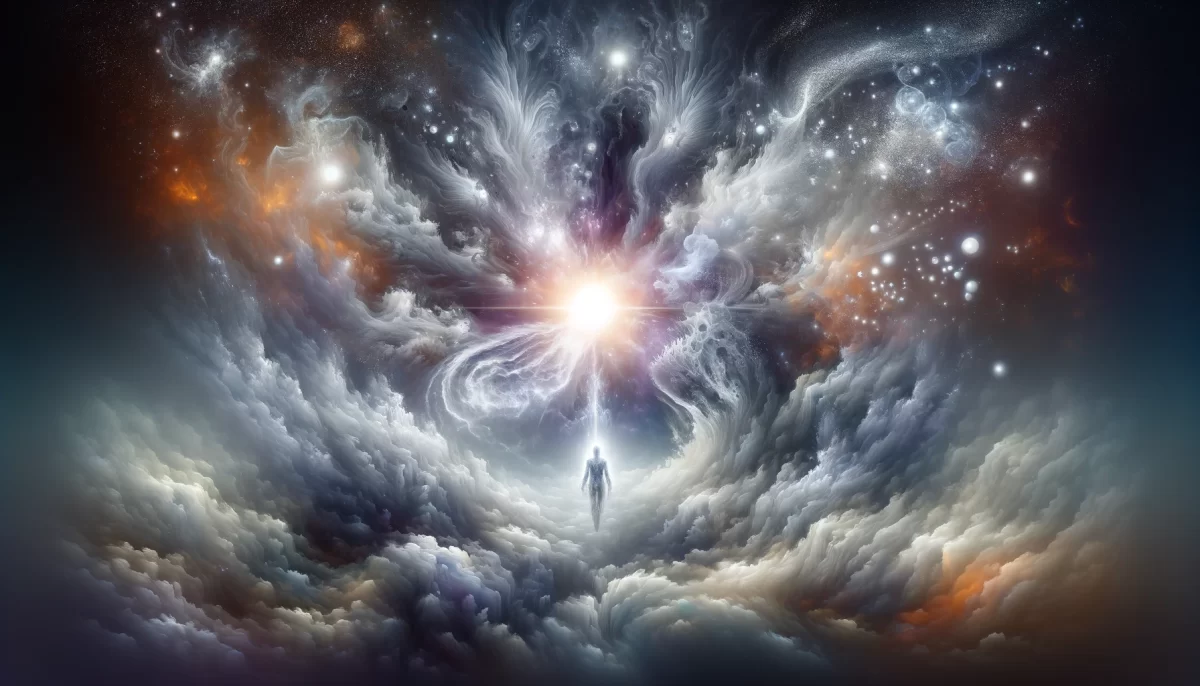
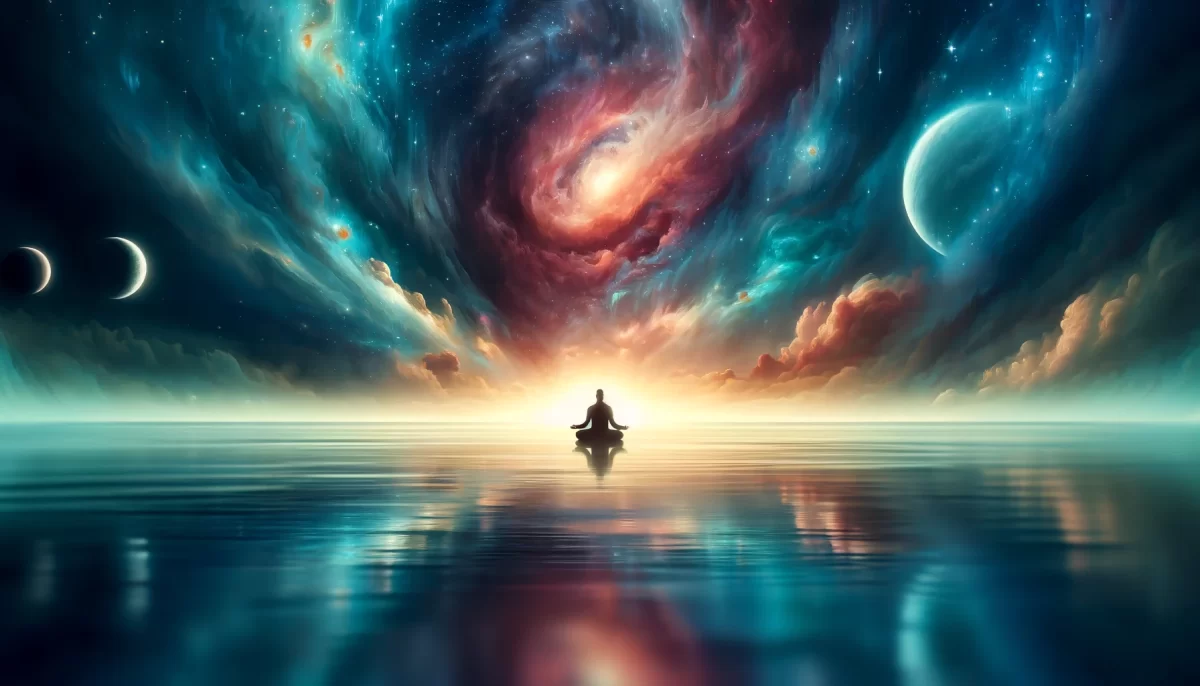

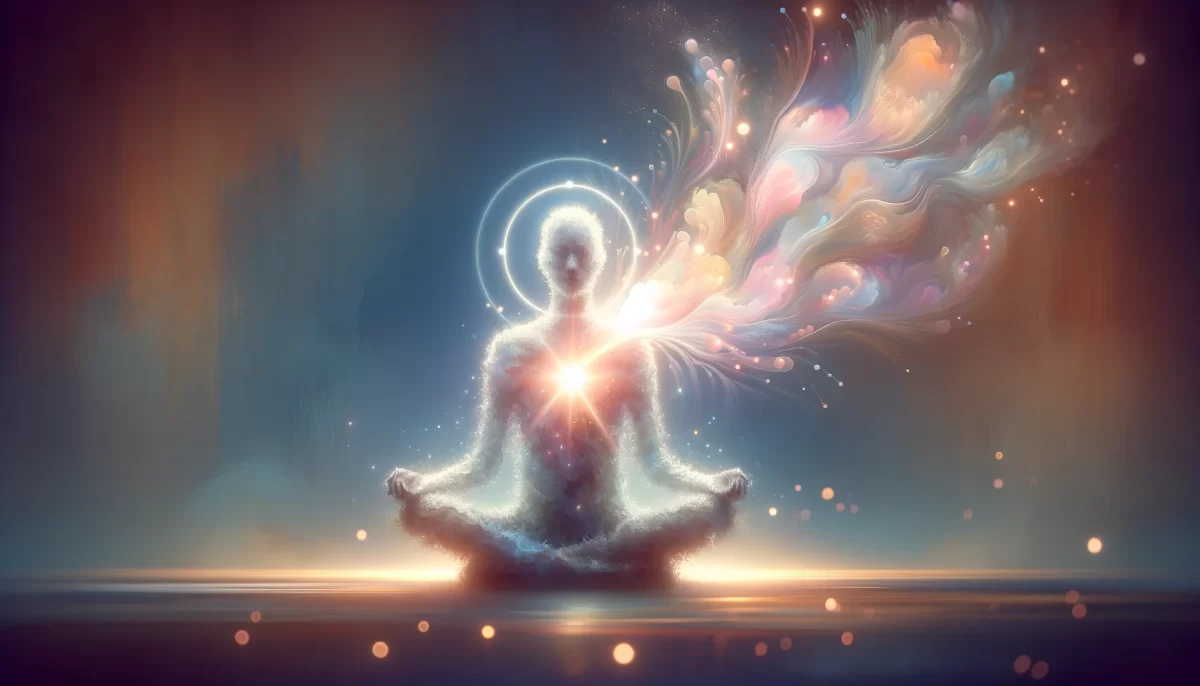
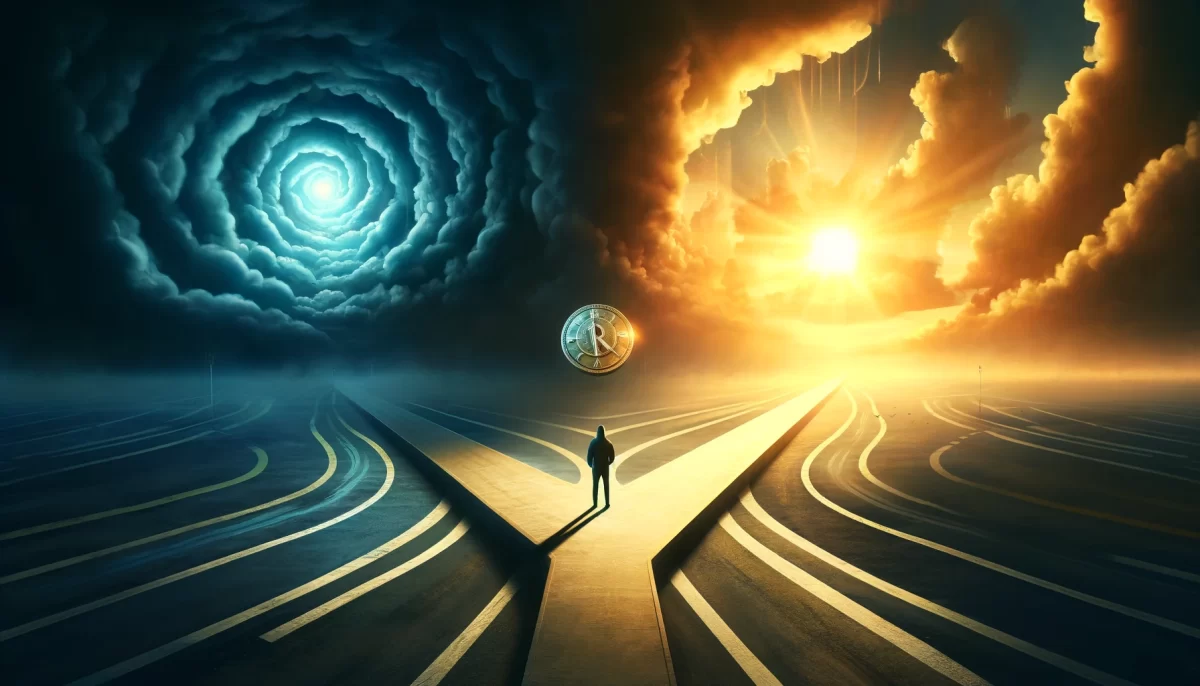
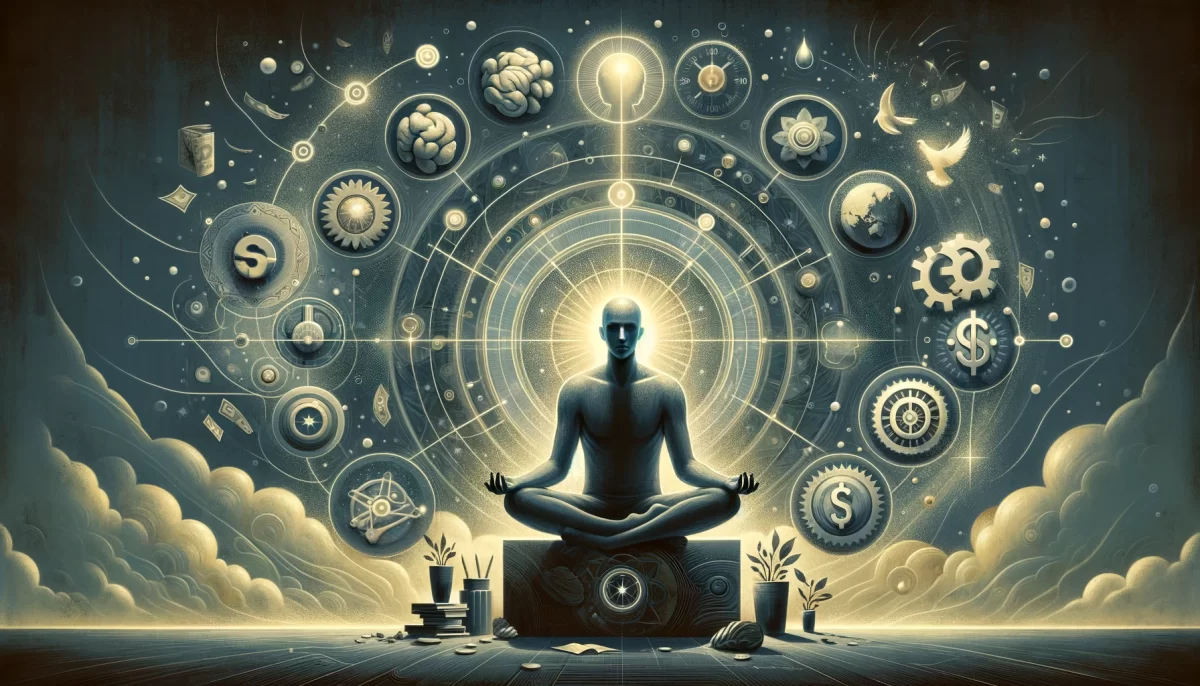
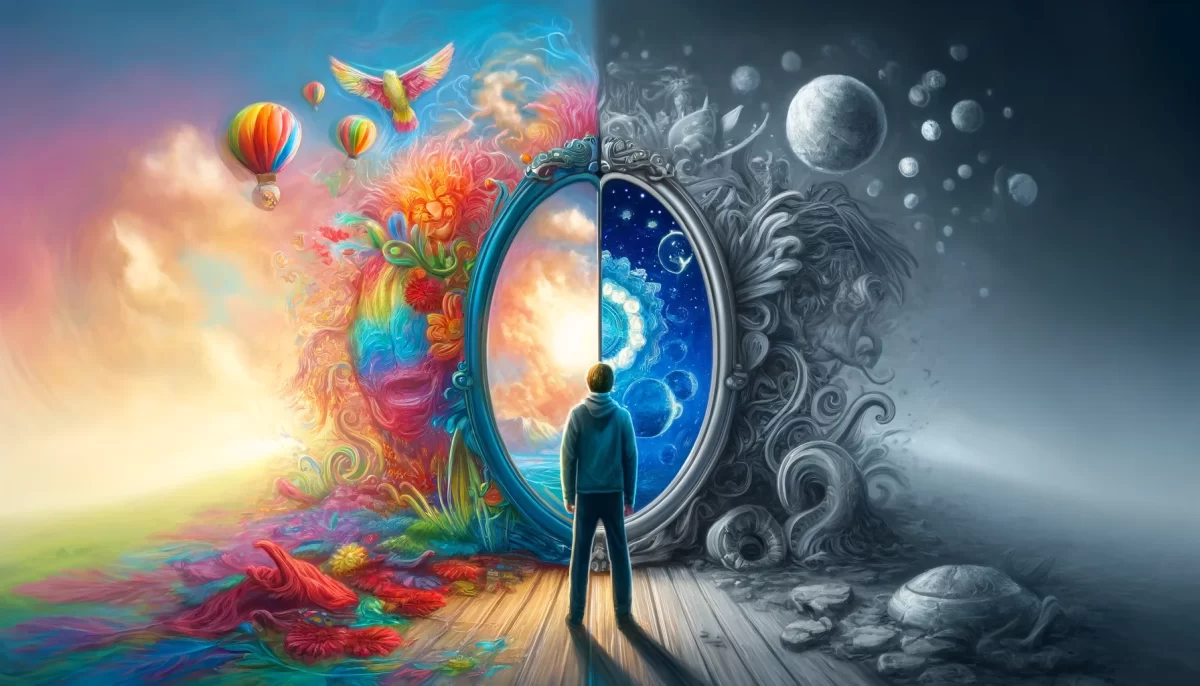
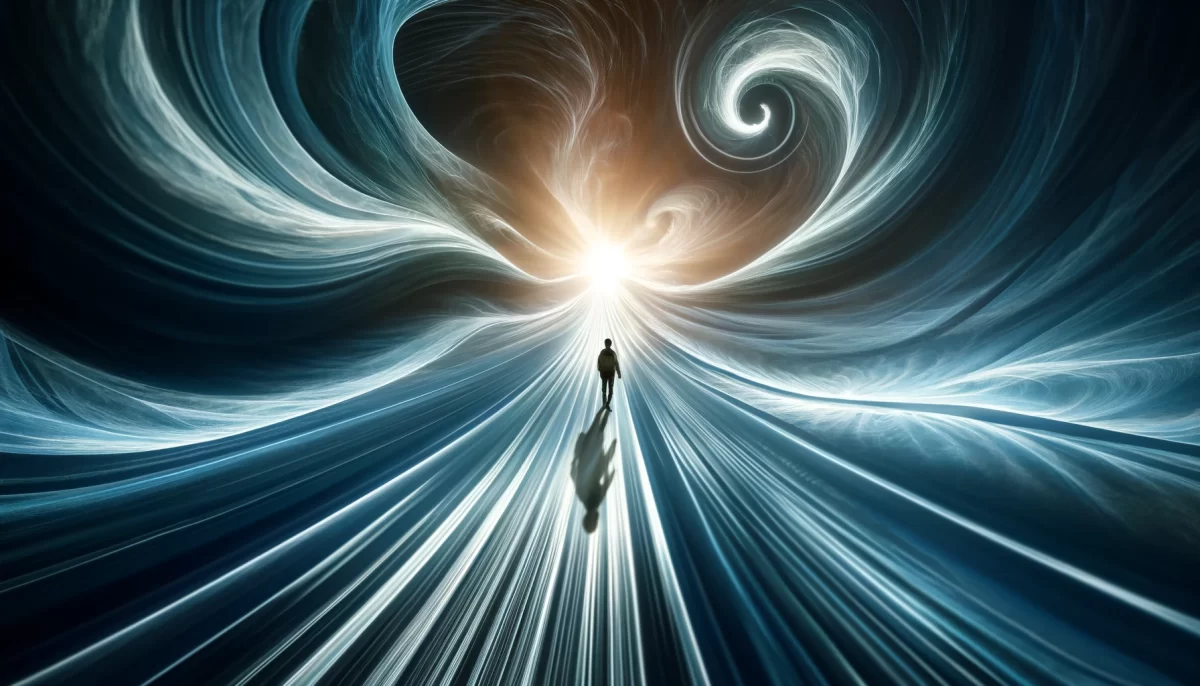

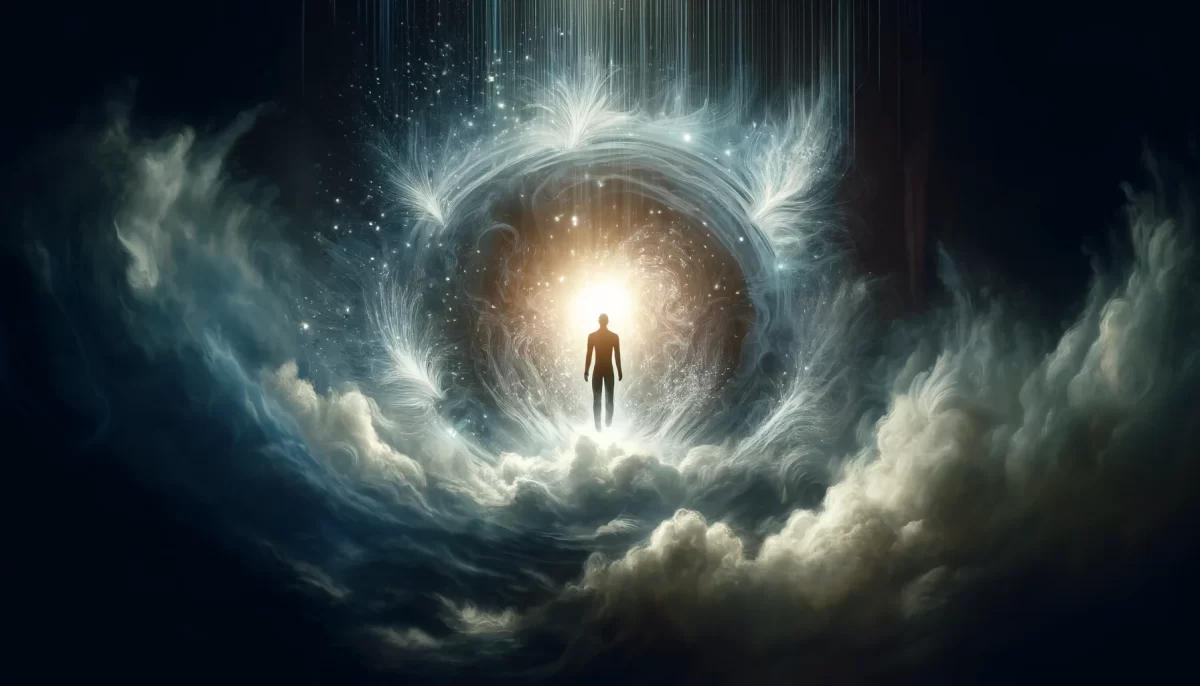
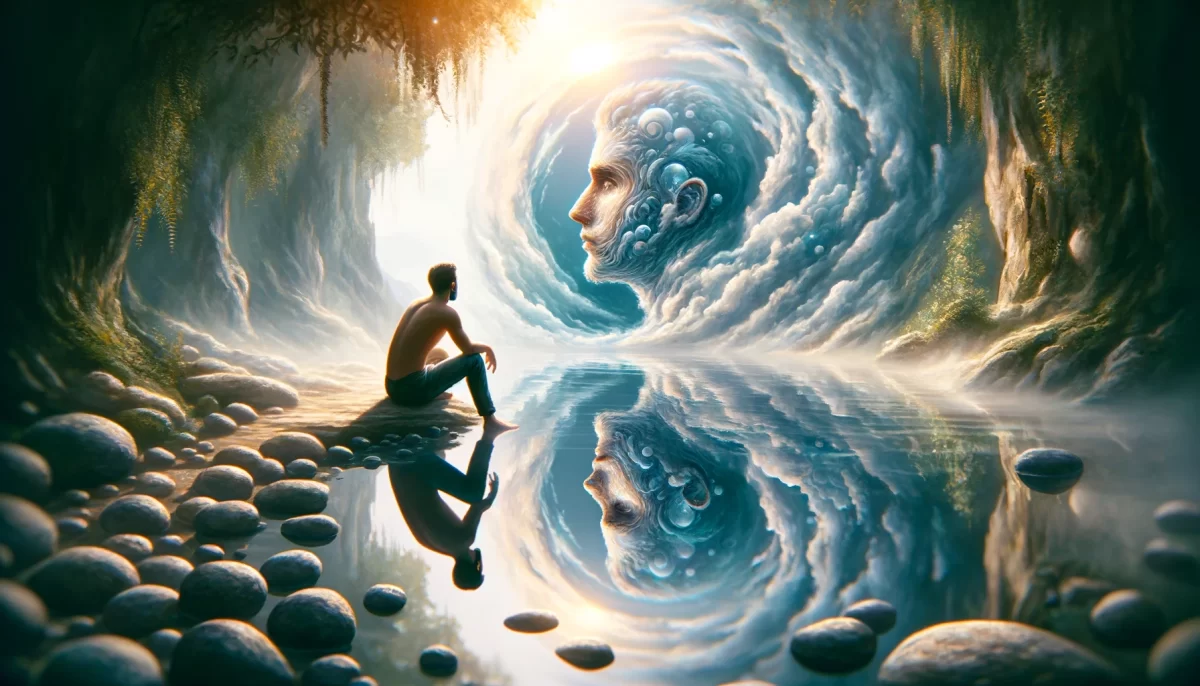
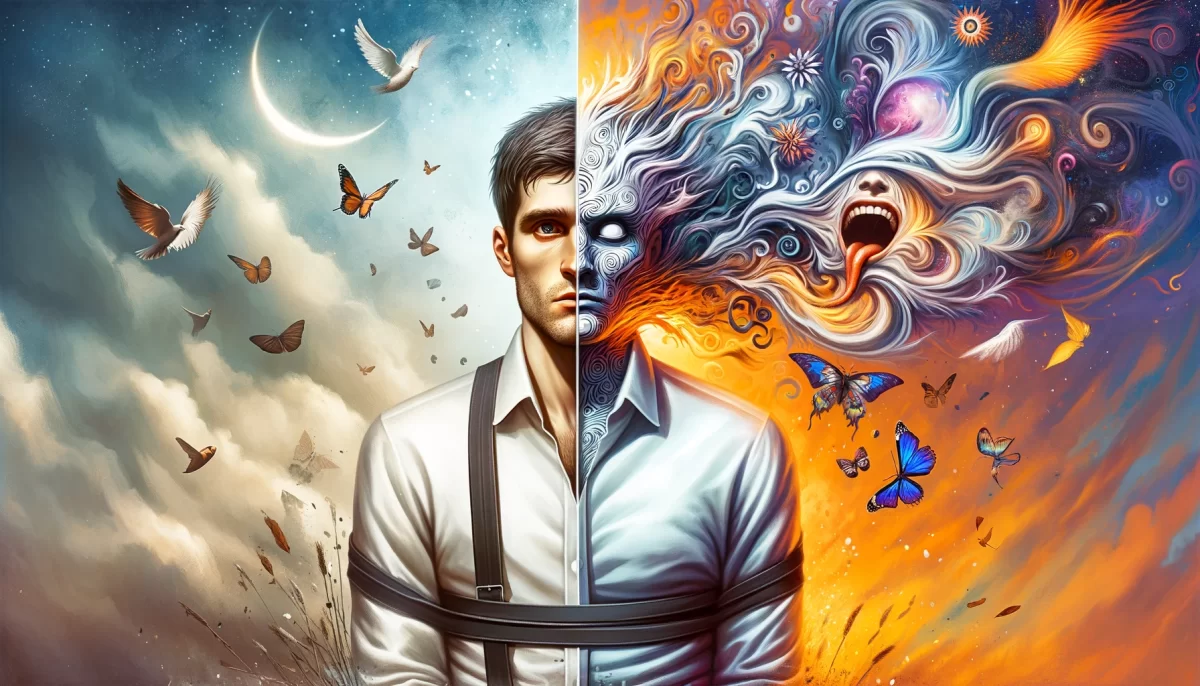
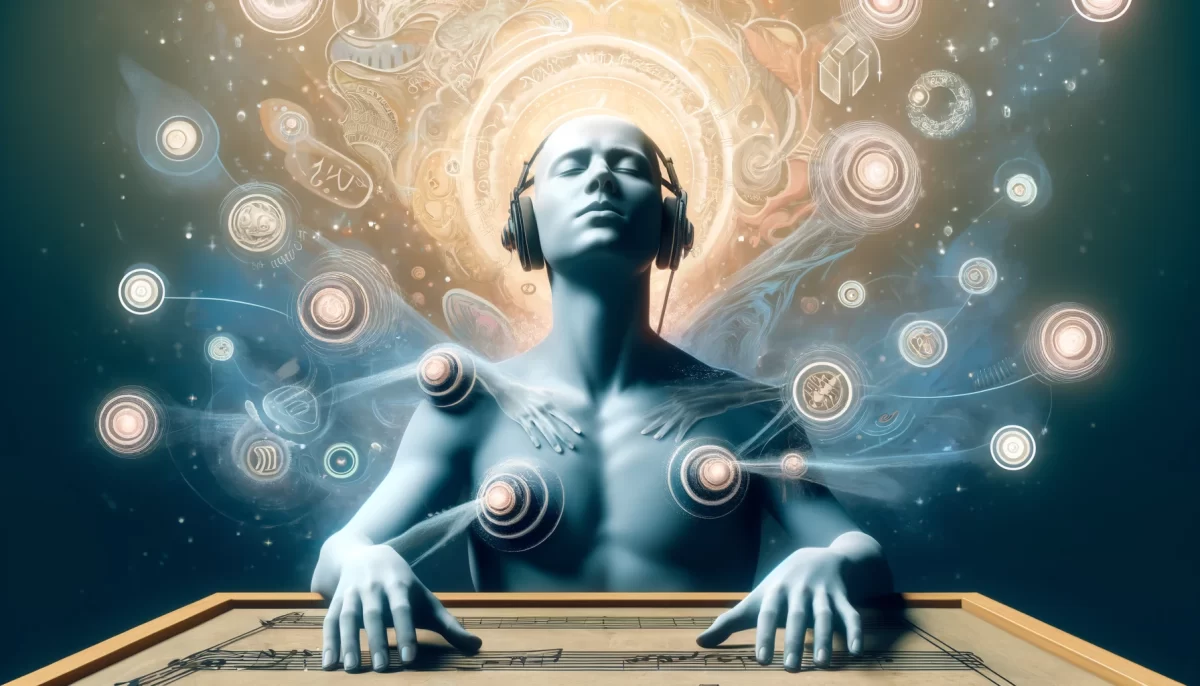
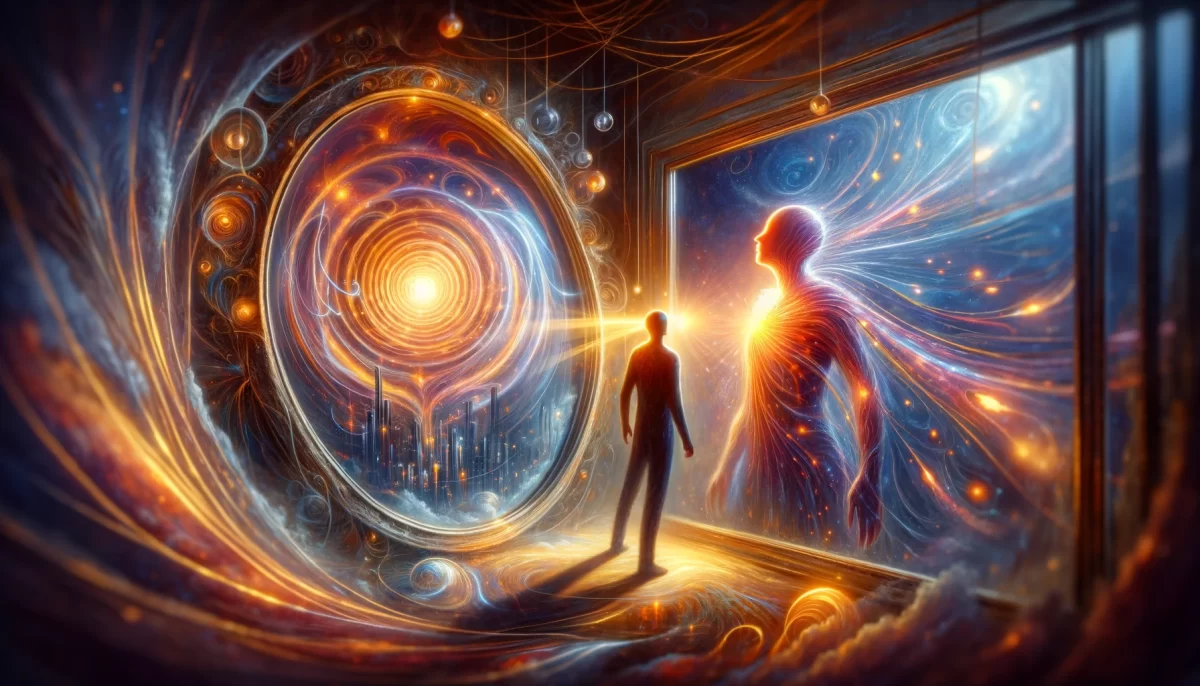
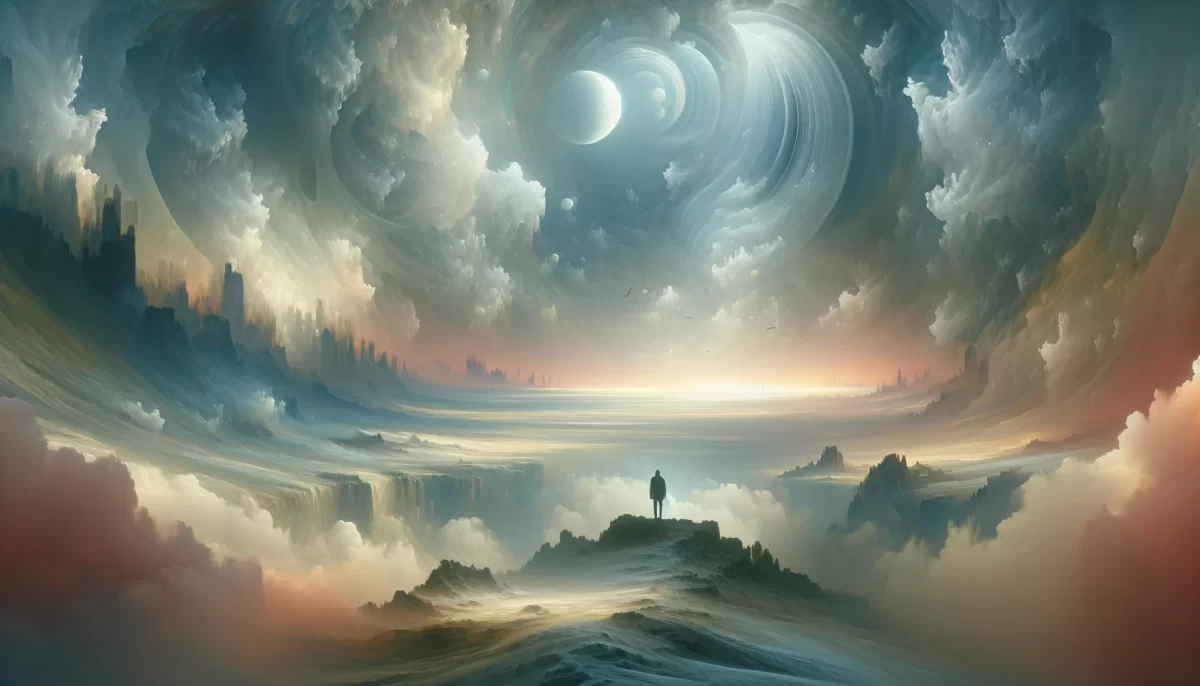
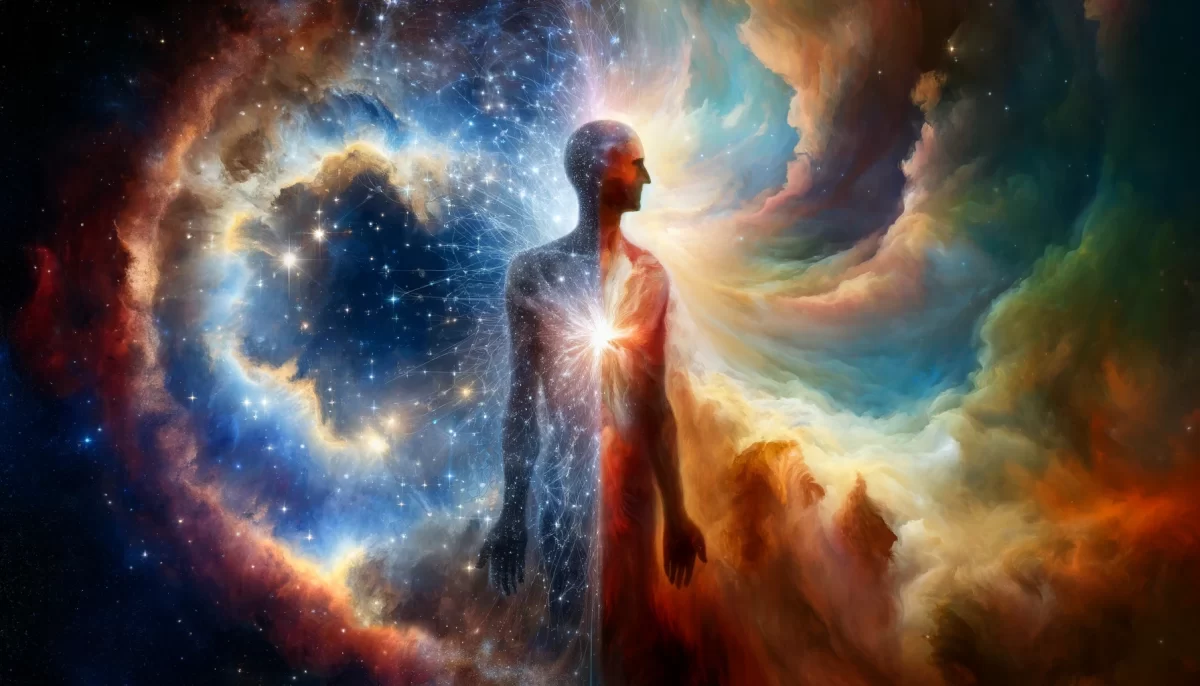


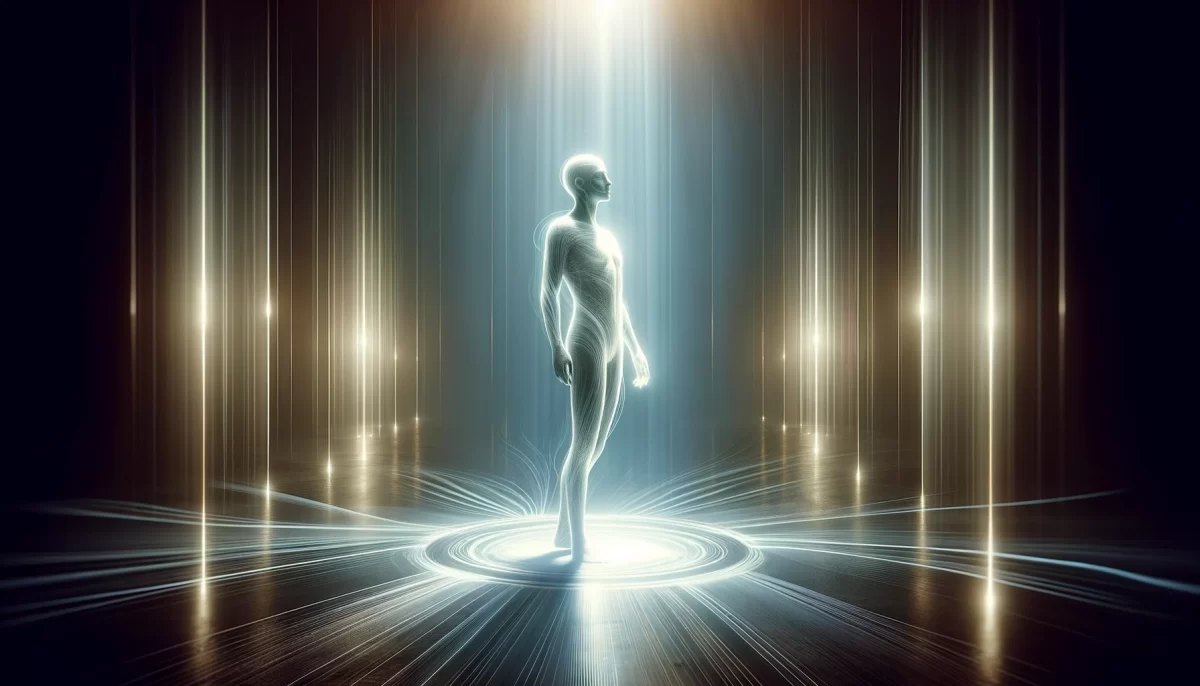
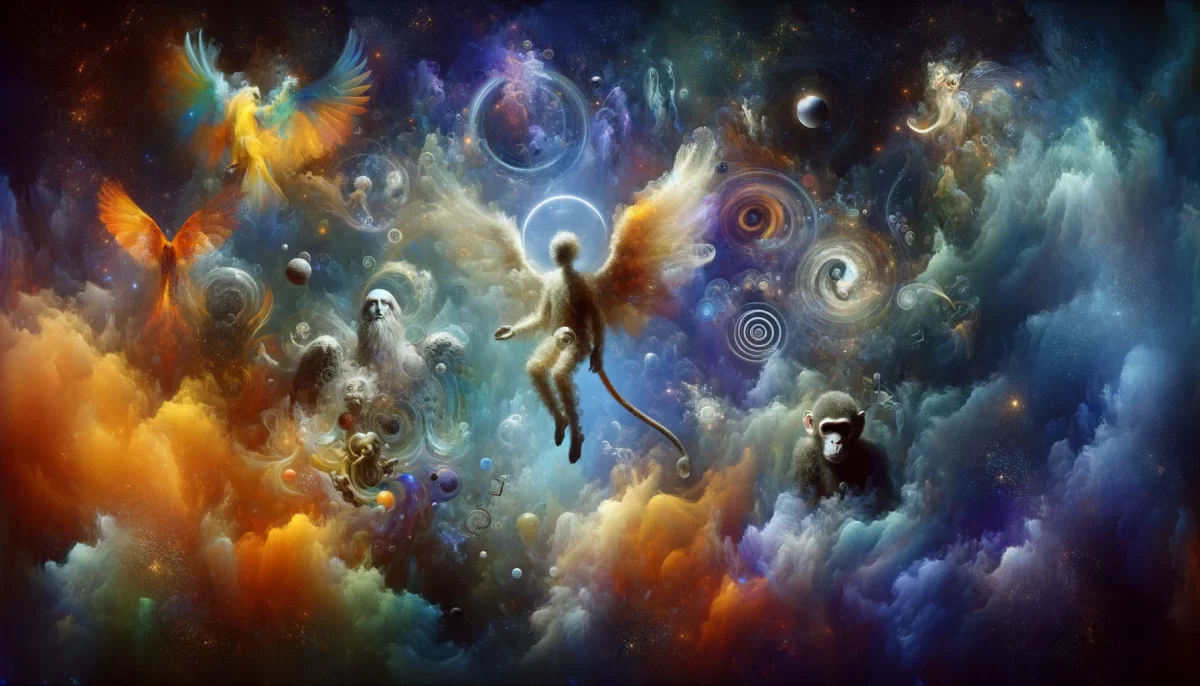
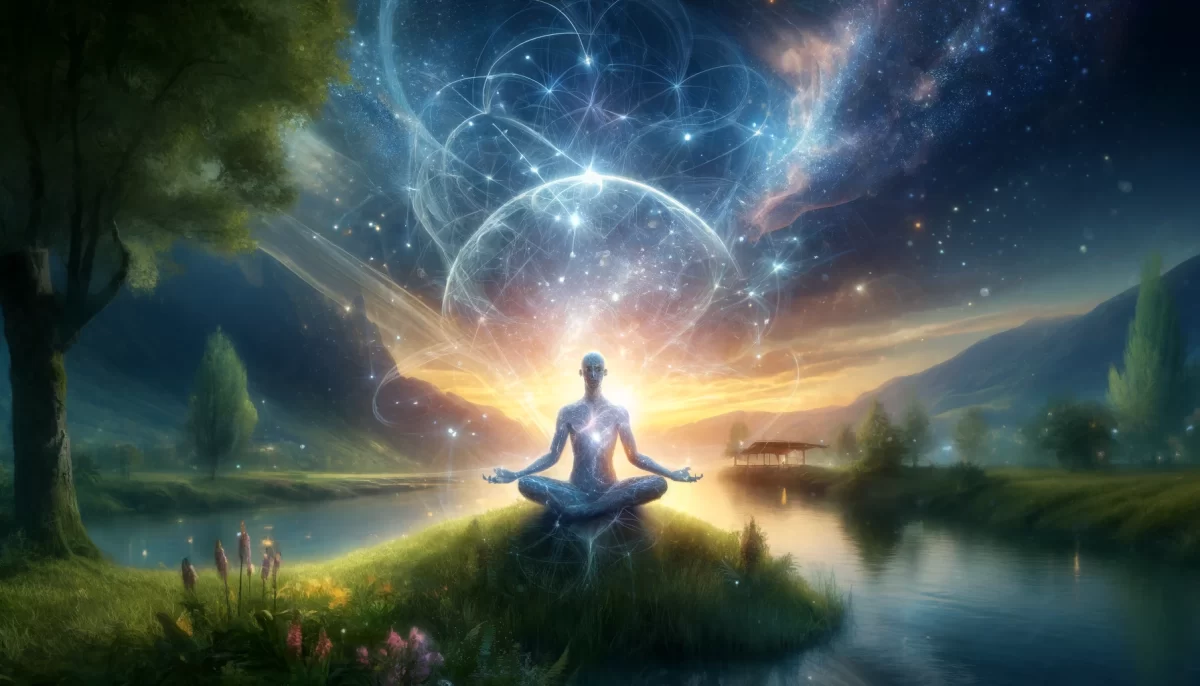
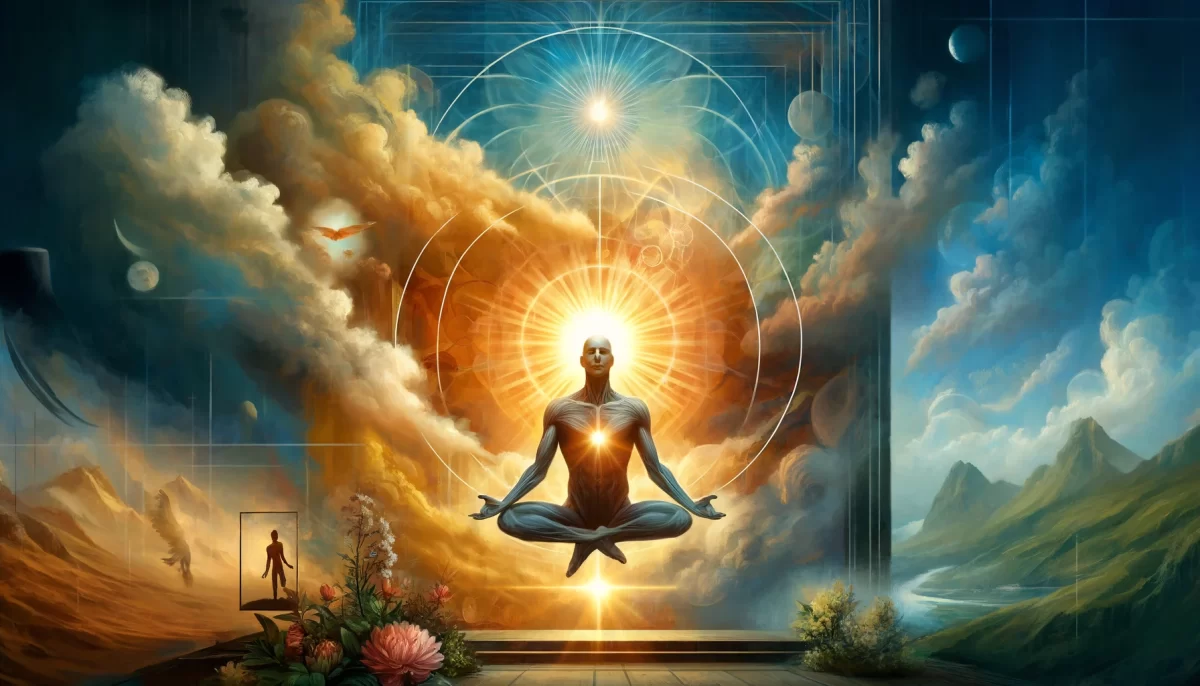
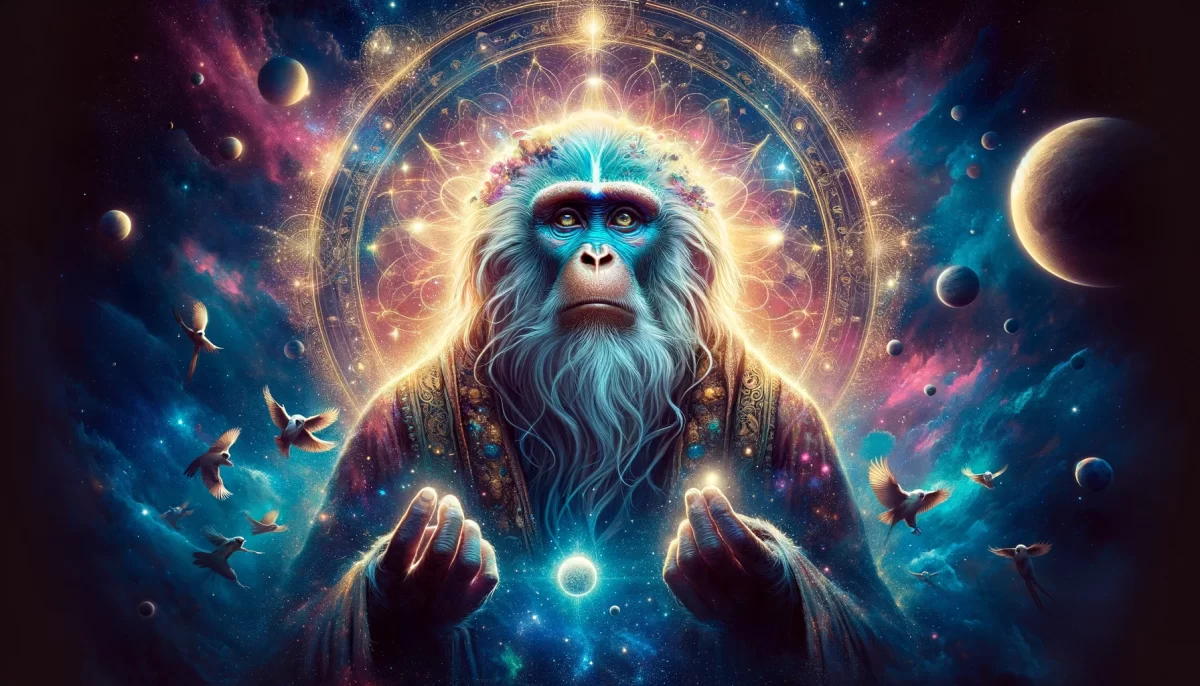
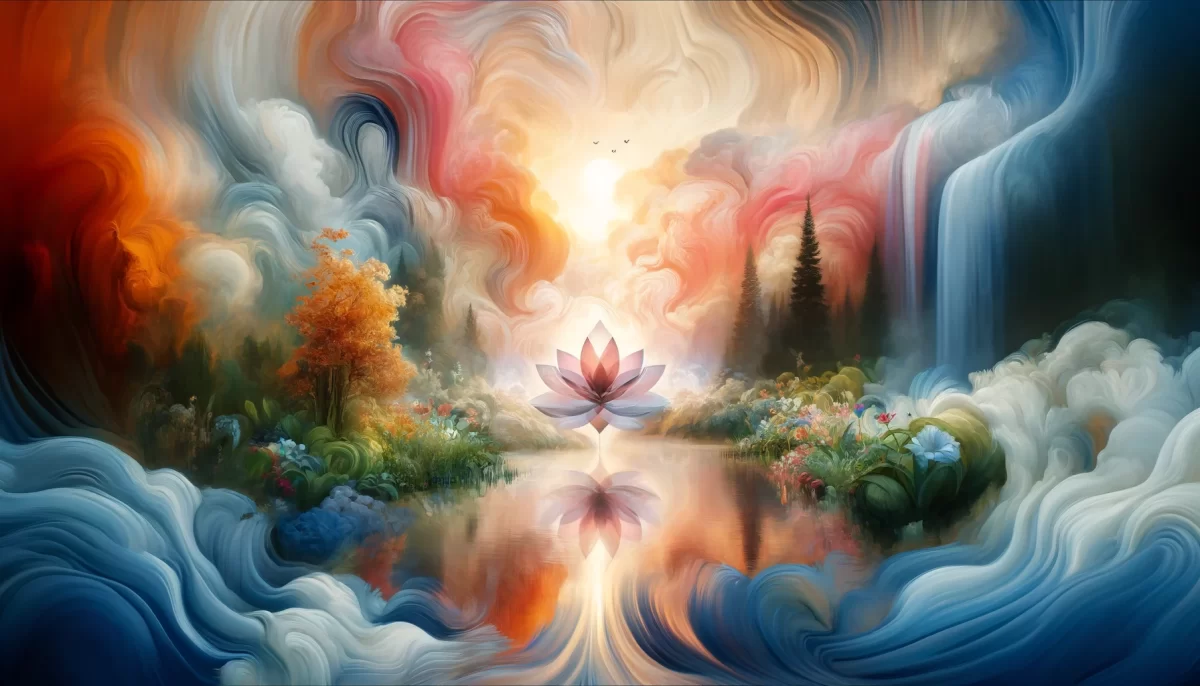
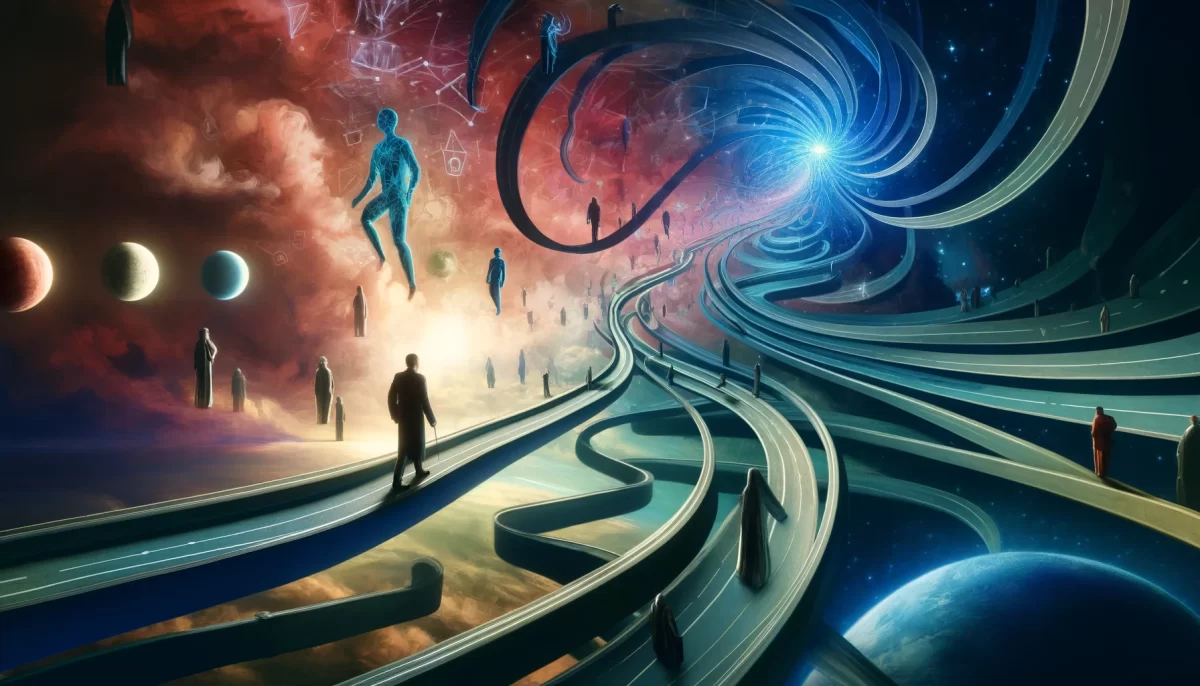
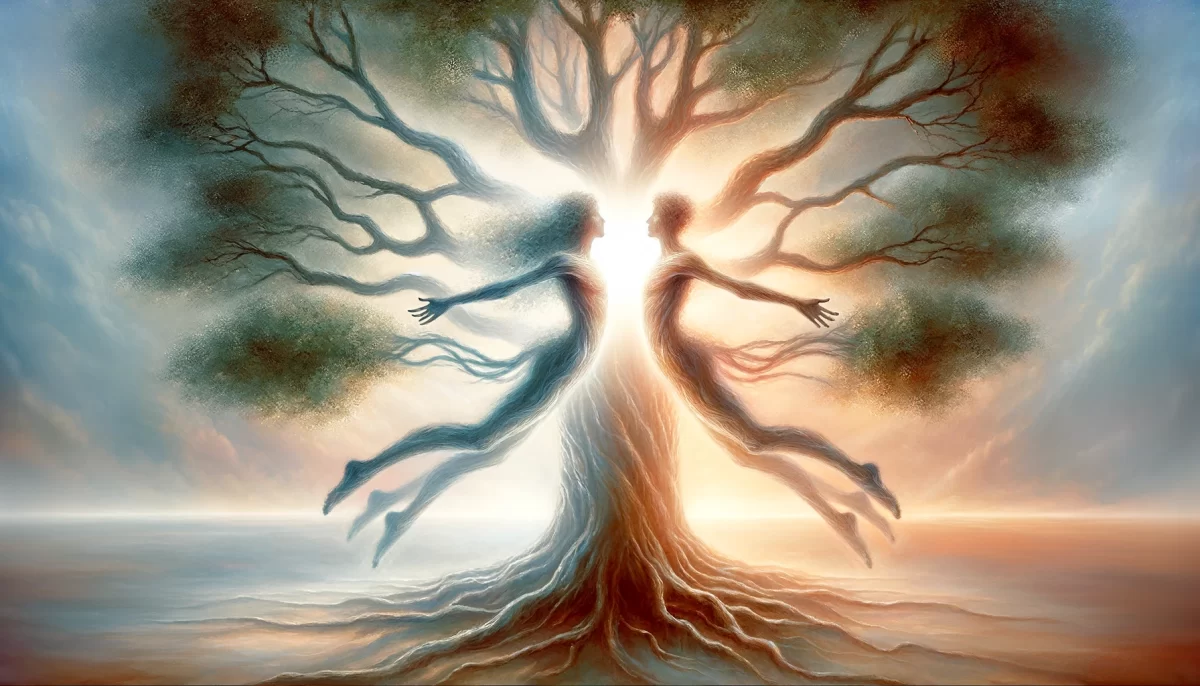
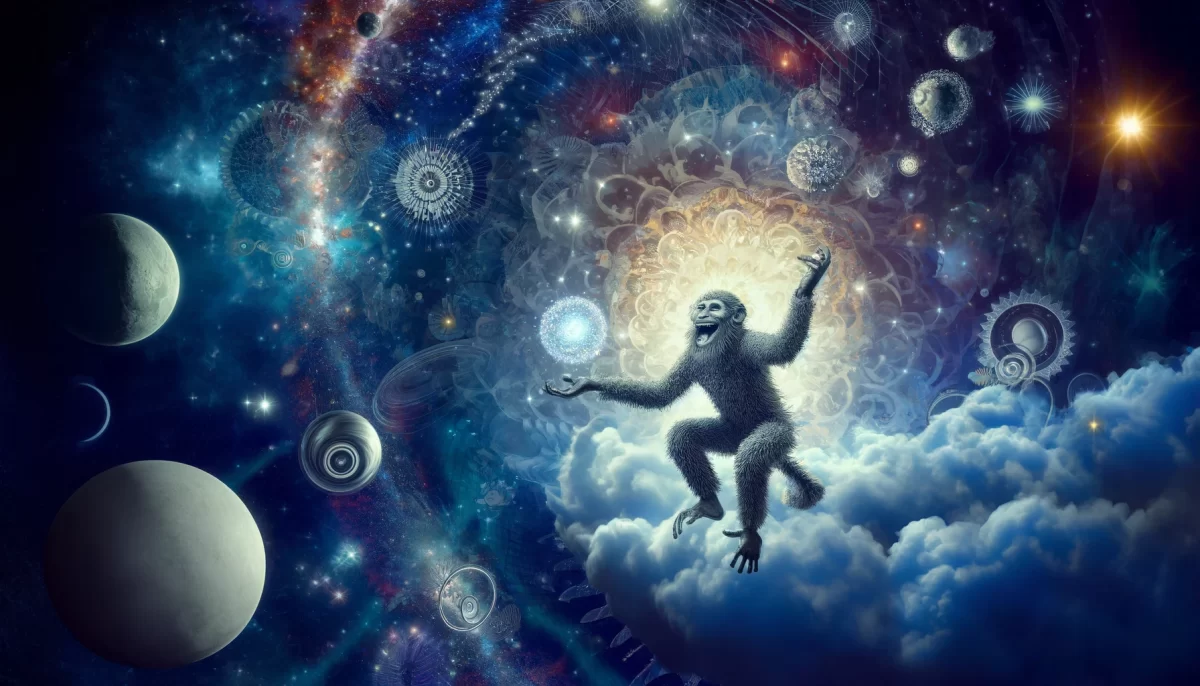
The poem “Boredom” reflects on the concept of creation and the emergence of diversity from unity. The phrase “god” is used as a metaphorical representation of a creative force or consciousness that seeks to overcome boredom and expand its own experience.
The first stanza suggests that boredom is the enemy of this god-like force, driving it towards imagination and fantasy. This is a common idea in many creation myths, where a god or gods create the world out of boredom or a desire to overcome emptiness.
The second stanza suggests that this force experiences a sense of denial and delusion, as it tries to convince itself that it is not the only thing in existence. This denial creates the illusion of a world beyond itself, filled with billions of people and trillions of things.
The final line, “But not really,” suggests a realization that all of these other beings and things are actually extensions of the original god-like force, part of the same unified consciousness that emerged from boredom.
In this way, the poem explores the idea of the One becoming the many, with diversity and complexity emerging from a simple, unified source. It suggests that the world we perceive as being separate and distinct from ourselves is actually an extension of a larger, interconnected whole.